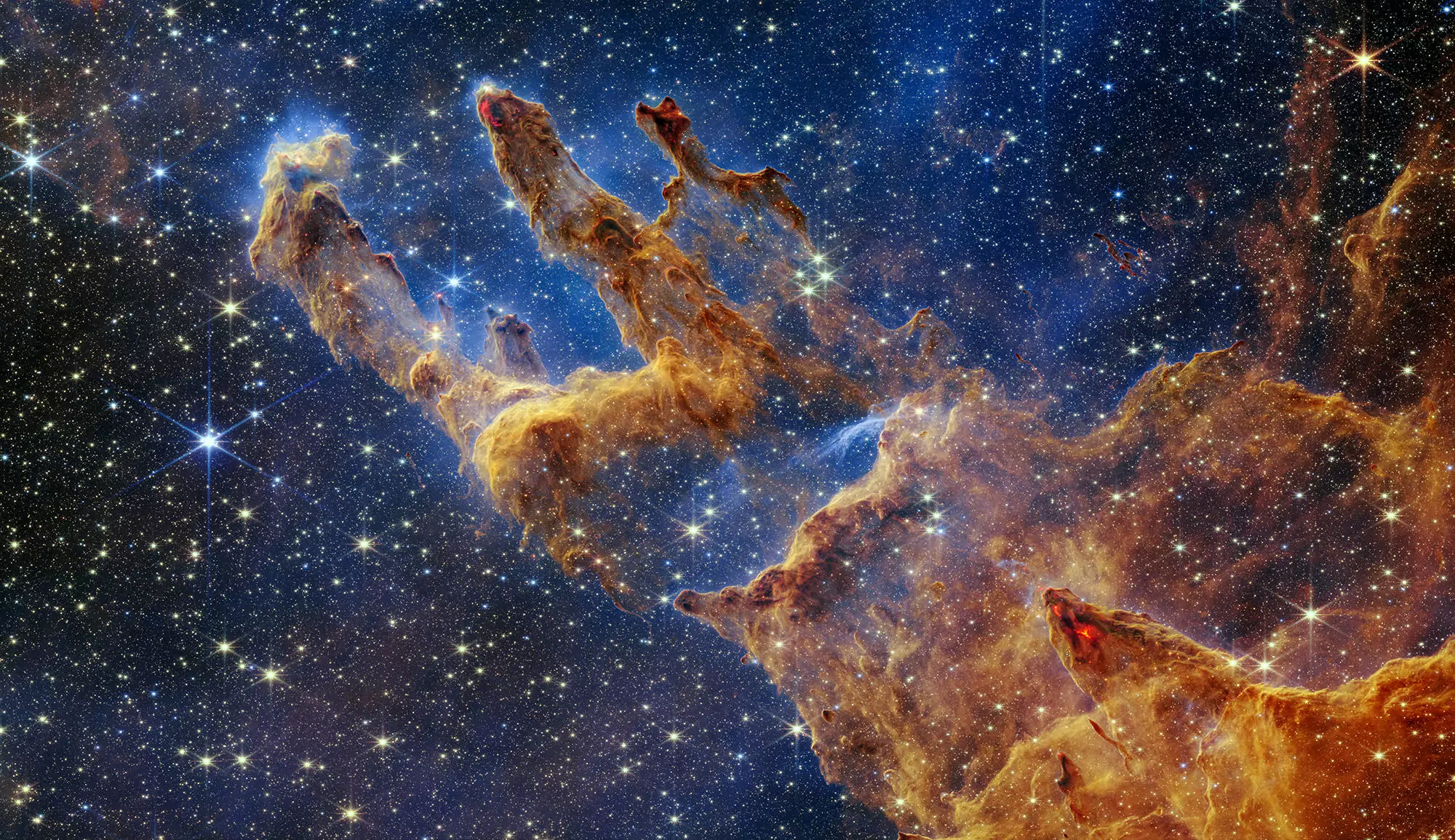Benjamin did his PhD at the Laboratoire de météorologie dynamique in Paris. He completed his studies with a postdoc in Seattle, USA, at the University of Washington, thanks to a NASA grant. He then completed a second postdoc, this time at LESIA. Since his arrival in our laboratory, he has joined the planetology division and leads the transverse exoplanets team. Thanks to the support of numerous local and international collaborations, he is now in charge of the transverse exoplanets team.
Its objectives are to provide a general understanding of planetary atmospheres and their evolution, in conjunction with research into the emergence of life on Earth and the search for it elsewhere in the Universe. Its areas of interest are the physics, chemistry and dynamics of planetary atmospheres. His main subjects are exoplanets, the primitive Earth and Titan. His initial idea was to model the climate and biogeochemical cycles of the primitive Earth. He is therefore developing 1D convective radiative models for exoplanets and the study of their atmospheres. The aim is to interpret observations of exoplanet atmospheres from the VLT-SPHERE, VLT-GRAVITY, Hubble Space Telescope and James Webb Space Telescope.
He also developed the 3D Generic Planetary Climate Model applied to the early Earth and Titan. Finally, he has also integrated photochemistry models to understand the processes that control the habitability of planets and the consequences of a biosphere on the atmosphere.
A promising start to a career that this award underlines !

